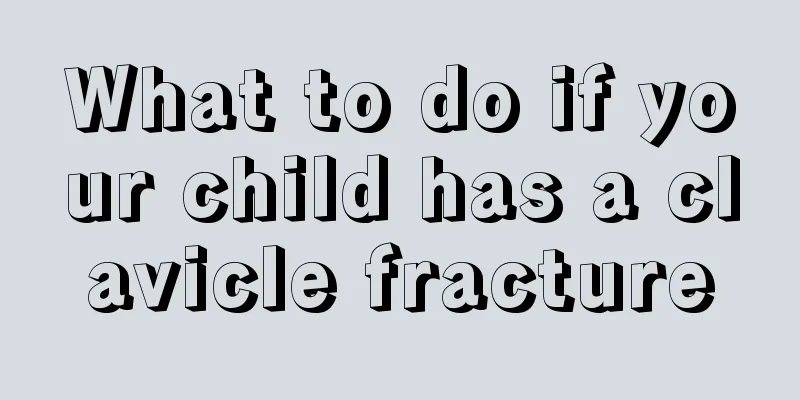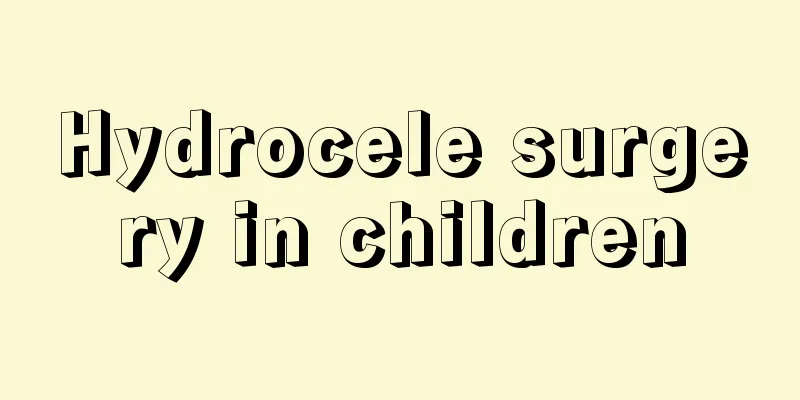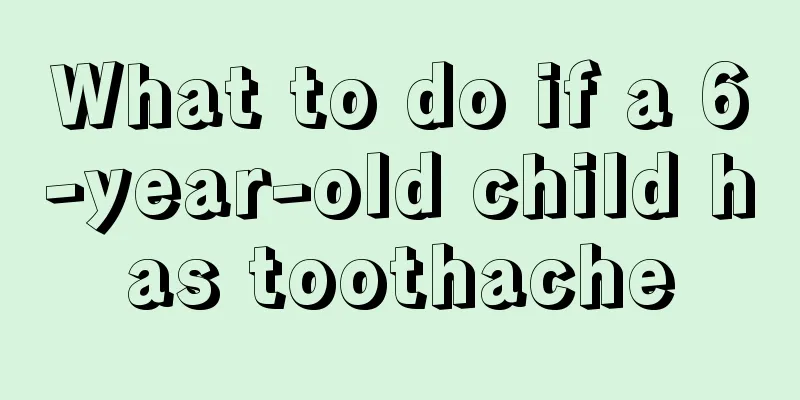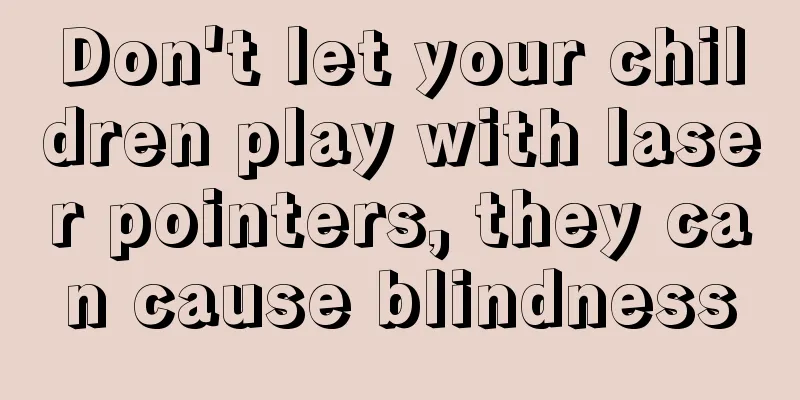What to do if your child has a clavicle fracture

|
Children's bones are relatively fragile, so they are prone to fractures if their family members do not take good care of them. Fractures in general parts of the body are relatively easy to treat, but fractures of the clavicle are more difficult to treat. This is mainly because the clavicle is a special part of the body, making it difficult to care for and treat. Therefore, many mothers do not know what to do if their children have clavicle fractures. The treatment principle of clavicle fracture is to restore its anatomical shape to the greatest extent possible, while also taking into account local aesthetic requirements. Most clavicle fractures can be treated non-surgically. However, for clavicle fractures with obvious displacement, it is difficult to achieve a good reduction of the fracture by manual reduction alone, and external fixation cannot maintain a good alignment of the fracture. It can only relieve the excessive abnormal movement of the bone ends and maintain the fracture ends in a certain deformed position for healing, and obvious local deformity may remain. Nonsurgical treatment Non-displaced fractures or greenstick fractures in infants and young children do not require manual reduction, and appropriate external fixation can be given to limit movement. For children or adults with overlapping, displaced or angular fractures, manual reduction and fixation should be performed. Because the fracture ends are slightly displaced, they will not greatly affect the upper limb function in the future, so there is no need to force anatomical reduction. For comminuted fractures, if the fracture fragments are pressed hard, it will not only be difficult to flatten the vertical fracture fragments, but it may also cause damage to the subclavian artery, vein or brachial plexus, so avoid using pressing techniques. Vertical bone fragments generally do not affect fracture healing. During the fracture healing process, as the callus grows, these bone fragments can be gradually wrapped by the new callus. After healing, only a bulge is formed in the fracture site, which generally does not cause pain or discomfort at the fracture site, and will not affect the shoulder and upper limb function. However, a small number of patients may develop bone spurs due to the failure of vertical bone fragments to be wrapped by callus, or the fracture may heal abnormally and the bone ends may protrude, which can be corrected surgically. The above is an analysis for parents and friends on what to do when a child has a clavicle fracture. Parents and friends are reminded that if a child's clavicle fracture is not handled properly, it will easily affect the child's future physical development and even affect the child's body shape. Therefore, if a child has a clavicle fracture, you must pay attention to actively cooperate with the doctor's treatment and take good care of the child during the fracture period. |
>>: Reasons for drooling in two-year-old children
Recommend
Child snoring while sleeping
Generally, men will snore after falling asleep la...
The reason why babies don't poop for two days
In fact, in daily life, when taking care of your ...
What to do if your child eats very slowly
We know that children eat relatively slowly. Even...
What should I do if my child can’t sit still in class?
Most children are lively and active in life. This...
What to eat for baby's fever and cold
Adults have strong constitutions and can get over...
What to do if your baby's belly button is red
The baby's body is very fragile, and some sma...
What should I do if my child has a fever and cold feet?
Children have very poor physical constitutions, s...
What is the treatment for mycoplasma pneumonia in children?
Mycoplasma pneumonia in children is a relatively ...
What kind of yogurt is best for children?
In fact, for babies, the nutritional value of pur...
What kind of porridge should the baby eat if he has a bad stomach?
If the baby has a bad stomach, it will affect the...
4 month old baby convulsions
Every change in the baby after birth is watched b...
What are some tips for baby’s stuffy nose?
Are there any tips for baby’s stuffy nose? In mot...
Children have abdominal pain but no diarrhea
Many times, children will cry incessantly because...
How to treat a five-year-old child with a fever
Cold is a very distressing disease, especially wh...
Is it normal for newborns to be sleepy?
Generally speaking, newborn babies basically slee...









